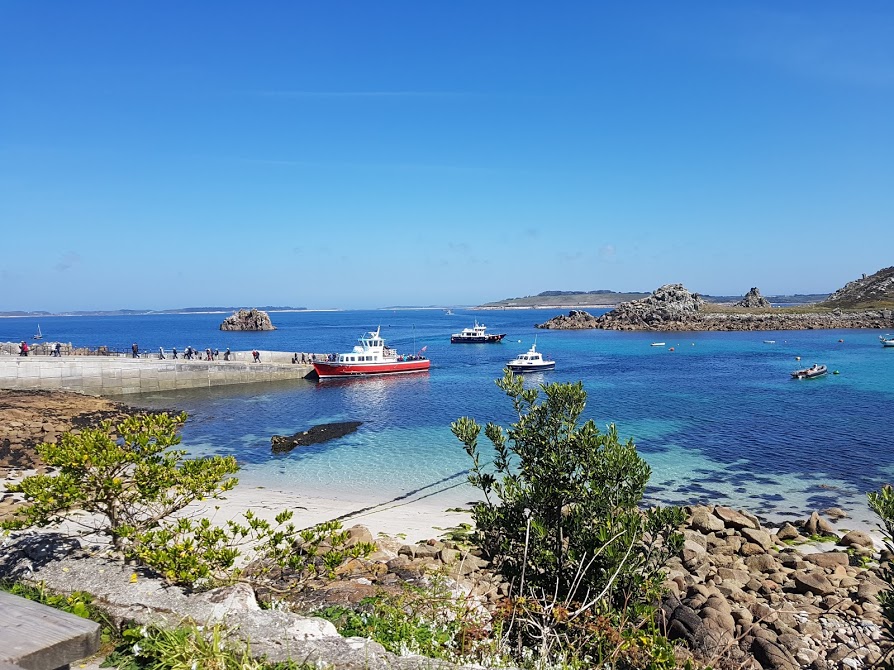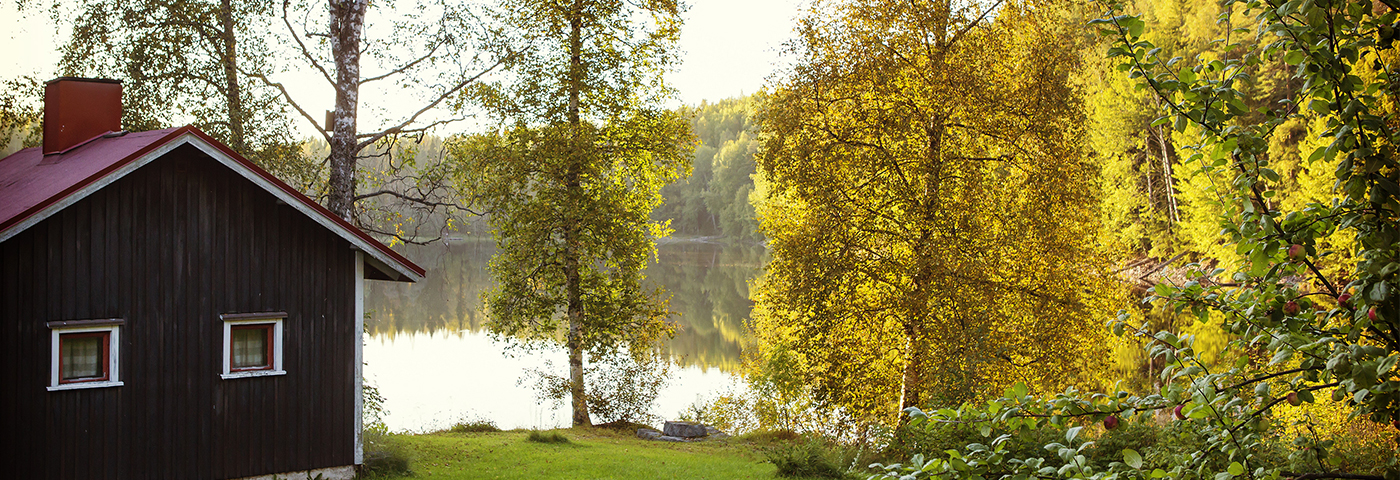Timeshare is almost a dirty word in tourism today. But its structure offers much for those trying to make the industry more sustainable. It can deepen connections between guests and the places they visit, boost occupancy while lengthening the season, and reduce transport emissions.
A few years ago my wife and I bought a one week share of a tiny one bedroom cottage on a little island, 20 or so miles off the coast of England. We come here every April, returning to somewhere that is just over 1 mile from top to bottom.
Each time we come we learn a little more about the island, get to know a few more people by name, discover a new route, revisit our favourite haunts.
And every year, as January turns to February, the nights at their shortest, the weather its most dour, we begin to count down the weeks. But whereas with other holidays, that counting down is mixed with a little trepidation – have we made the right choice? Did we spend too much money? Not enough? Here, because we are returning to a place where we know what to expect and where there won’t ever be a new development on the beach spoiling the view, we have no fears – all we have is happy anticipation mixed with fond memories of previous years.
I have spoken to many other returning visitors – it seems almost everyone is a returning visitor – and they all say something similar. We know we are guests, and we feel deeply blessed to be welcomed, and eager to do our little bit to help ensure these islands stay special. From keeping the beaches spotlessly clean, to recycling all our waste, to supporting the local economy – which here means calling up the fisherman on the neighbouring island to meet him on the quay so he can bring you over a crab or lobster for supper, just as his family have been doing for hundreds of years.
I never imagined I would own a timeshare – it seemed limiting, a commitment to always come back to the same place, at the same time. Yet each year I discover that it is this regularity, this rhythm, which is the heart of what makes it so special. I love this place, and I love sitting with my wife on a bench sharing the view, and knowing that we will be coming back here every year until I am 82. In a world that seems ever more uncertain, this means there is always something I am looking forward to.

It is also extremely good for the sustainability of the island’s tourism. In essence it means they are booked up – at 75% or so occupancy, and 100% at peak seasons – for the next 40 years. They don’t need to spend huge sums each year trying to break new markets. We, their guests, are already coming back, and we are telling our friends and bringing children, so the next generation is falling in love with these islands just as we are, ready to take over our timeshares or buy their own, when the time comes. Likewise, whereas other coastal communities are seeing their economies hollowed out by second home ownership as the homes lie empty for most of the year, here the opposite is the case.
Finally, and I admit perhaps inadvertently, the concept of timeshare promotes a more local tourism. Of course someone could buy a week on the other side of the world. But my on the ground experience is that almost no one does. People love the fact that they don’t have to fly, just as they love that they don’t have to worry about upkeep as they would if it was their own second home.
Actually, they aren’t even called timeshares here. The word, and the sector it signifies, has long had slightly dodgy associations, conjuring up images of dubious pyramid schemes. A few years ago there was an effort to rebrand them as ‘fractional ownership’, a truly mealy mouthed and joyless phrase. Here they are known as ‘Islandshare’. It doesn’t matter with you own a week or more, a 1 bedroom cottage or a property sleeping 10 – the emphasis is on a shared sense of place. It put the focus on the land and community, however occasional and varying much of that might be.
One other thing – I am pretty sure that hardly any visitor here thinks about this as being something called Responsible Tourism. It’s not the way it is marketed, despite the fact that the values, the impact, and the experiences that it stimulates are in many ways the very same.


